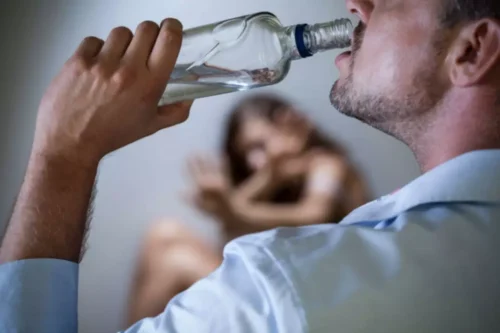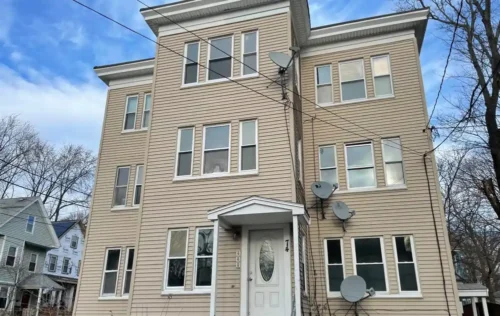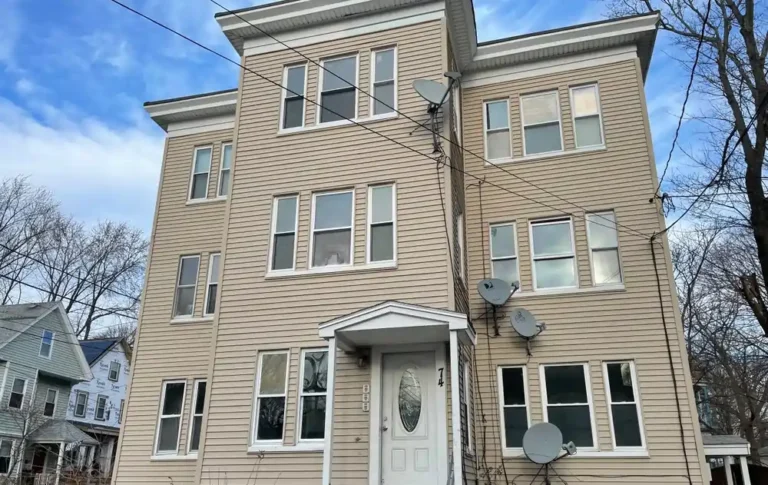
In this case, it is uncertain whether the longer term treatment of alcoholism requires additional aggressive therapies aimed at treating underlying depressive or anxiety disorders. Alcoholics frequently experience episodes of intense depression and/or severe anxiety. Depressed or anxious alcohol-dependent people often believe that they drink to relieve symptoms of sadness or nervousness. However, research does not unanimously support the prior existence of severe depressive or anxiety disorders as a usual cause of alcoholism.

Overview of Depressive Disorders
Many studies have found that alcohol dependence is closely linked to depression. When it comes to diagnosing an does alcohol make depression worse alcohol use disorder and a major depressive disorder, it’s important to address them simultaneously, as they can significantly impact your recovery. Talk to a healthcare provider when you are considering quitting if you have a long history of heavy drinking or alcohol use disorder. Alcohol withdrawal can cause severe and sometimes life-threatening symptoms.
Medication
Alcoholics who experience high levels of anxiety or nervousness, including panic attacks, will likely benefit from education and reassurance as well as from behavioral therapies aimed at increasing levels of relaxation. “Recent studies have identified specific mechanisms by which alcohol alters gamma-aminobutyric acid (GABA) and glutamate systems, explaining why anxiety often worsens after drinking,” says White. She notes that alcohol is a depressant, and our body produces cortisol and adrenaline to counteract its effects. This means that as you sip to find relief from anxiety, you are actually reinforcing a loop that keeps you tethered to the emotions you’re trying to outrun. White shares that drinking to cope with negative emotions is one of the strongest predictors of developing alcohol use disorder.

Hazardous drinking and alcohol use disorders

This article briefly reviews some of the recent literature on the complex interaction between alcohol dependence and the longer lasting anxiety or depressive disorders. The interactions between alcoholism and these disorders are evaluated by posing a series of questions, and the reader is encouraged to review the articles cited in the reference list. In keeping with the guidelines of Alcohol Health & Research World, review articles are emphasized. Readers interested in more detailed descriptions of the methods of particular studies, however, are referred to specific citations within those reviews. It is, therefore, not surprising that more than one out of every three alcoholics has experienced episodes of intense depression and/or severe anxiety (Cox et al. 1990; Wilson 1988). These psychological conditions are often intense enough to interfere with life functioning, and the symptoms are often recognized by physicians and other health care providers as serious enough to require treatment.
Anxiety and Alcohol: Does Drinking Worsen Symptoms?
- Also, an 18-year followup of 80 children who had experienced severe depressive episodes earlier in life revealed no evidence of an increased risk for alcoholism during the followup period (Harrington et al. 1990).
- The remaining five criteria were behavioral signs of dependence, such as spending a great deal of time obtaining, drinking, or recovering from the effects of alcohol and drinking more alcohol, or for longer, than intended.
- In fact, research shows that anxiety and mood disorders commonly co-occur with alcohol use disorder, and depression is the most common among them.
- Doing so is beyond the scope of this article, but the approach presented in this article runs the risk of oversimplifying complex topics and obscuring relevant details.
- Creative expression can also relieve stress13 by engaging the mind and body in a pleasurable, open-minded way.
In one study, researchers administered paroxetine or placebo in a double-blind fashion to participants who had AUD and social anxiety disorder.25 They found that although the medication was clinically effective in reducing social anxiety symptoms, alcohol use severity was unchanged. A substantial number of people who have problems with alcohol also experience strong anxiety and mood problems. This article provides an overview of the evolving perspectives of this association in the context of three related disciplines—psychiatry, psychology, and neuroscience. Psychiatric and epidemiological studies show that having either an anxiety- or alcohol-related diagnosis elevates the prospective risk for developing the other disorder.
How Is Recovery.com Different?
Although this study didn’t directly evaluate neurobiological processes, the findings are consistent with the view that addiction and anxiety/depression disorders share some of the same biological processes in the brain. This may help to explain why having one of these conditions is a risk factor for developing the other in the future. Some people experience anxiety or panic attacks along with their hangovers the day after consuming too much alcohol. This hangover anxiety, or “hangxiety,” can arise for many reasons, including mild withdrawal from alcohol, interrupted sleep, poor dietary choices, and shame or regret. There is a significant overlap between anxiety, alcohol misuse, and alcohol use disorder.

Vaillant (1995) has conducted a 40-year followup of 2 samples, one including more than 200 college men and the other including more than 450 blue-collar boys who were ages 11 to 16 at the time of the original study. Information was available on the subjects’ psychiatric symptoms Halfway house and AOD-use patterns and problems, both at the time of enrollment into the study and at several points during the long-term follow-up. Despite finding that rates of alcohol abuse or dependence were relatively high in both samples, the researchers saw no evidence that preexisting depressive or anxiety disorders occurred at higher rates among those subjects who later developed alcoholism. Indeed, several disorders are more likely to be observed in COA’s than in control groups, including conduct problems, such as difficulties with discipline at home or in school (Schuckit and Hesselbrock 1994). As cited in our recent review, however, an evaluation by Hill and colleagues1 of 95 COA’s and control subjects at ages 8 to 18 showed no evidence of increased rates for depressive or anxiety disorders in the offspring of alcoholics (Schuckit and Hesselbrock 1994). That same review cited a second study of 283 COA’s and control subjects by Reich and colleagues1 that also reported no evidence for an increase in depressive disorders in COA’s, although evidence indicated a possible higher rate of anxiety symptoms.
- Few people may realize it, but you can actually be allergic or intolerant to alcohol.
- Poor or limited sleep causes grogginess and irritability, which can lead to feelings of depression or anxiety.
- AUD and depressive disorders appear to share some behavioral, genetic, and environmental risk factors, yet these shared risks remain poorly understood.
- Long-term heavy drinkers may be predisposed to developing an anxiety disorder.
Here are some signs that gambling may be affecting you and those you care about, as well as some ways you can get help. If your drinking is impacting your life, then it’s important to recognise that and seek help. Here we look at ways to start addressing your relationship with alcohol. Alcohol, even in small amounts, can elevate blood pressure and weaken the heart muscle, leading to increased risk of heart disease, stroke and heart failure over time, says Lacey Dunn, M.S., RD, a functional medicine dietitian.



